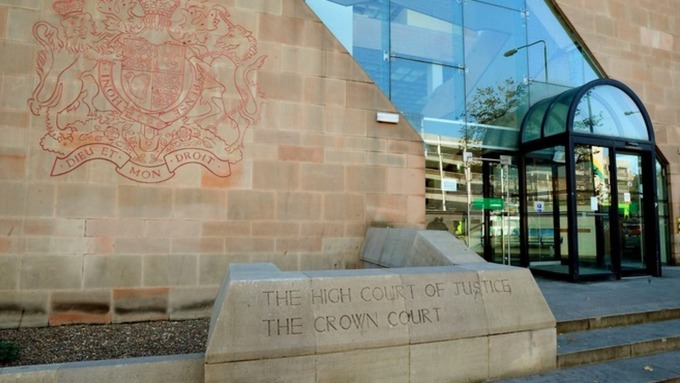In legal shorthand we often refer to section 18 or 20 offences. These refer to specific offences under the Offences Against the Person Act 1861. They are offences that involve allegations of serious violence causing either Grievous Bodily Harm or Wounding.
What is the difference between section 18 and section 20?
The most serious form of assault, short of attempt murder, is an offence under Section 18 Offences Against the Person Act 1861. This involves the causing of either Grievous Bodily Harm (GBH) or Wounding intending to cause such a serious injury.
An offence involving intent under section 18 carries a maximum sentence of life imprisonment. The same offence committed without intent under section 20 has a maximum sentence of only five years.
As a result, the offence can be committed in different ways:
- wounding with intent
- causing GBH with intent
- wounding without intent
- causing GBH without intent
‘Unlawfully and Maliciously’
For an offence to be committed unlawfully and maliciously it means that there is no defence such as self-defence, force used for preventing crime or the defence of property or another.
There are also some other technical differences between the two offences.
What is Grievous Bodily Harm?
GBH or grievous bodily harm is really serious bodily harm. It will include include broken limbs for example but can also include psychiatric injury.
What is wounding?
Wounding is where the skin is broken, either internally or externally.
Section 18 – the intent offence
For the more serious offence intent to cause serious injury or wounding is required.
A jury needs to be satisfied that the offender intended to cause the harm. They will do so by considering all of the relevant circumstances, including what the offender did and what he said about it.
What about weapons?
The use of a weapon will make any offence more serious. Weapons include knives and bottles, or throwing acid. Where feet are used to kick somebody they are treated as a weapon. Biting will also be an aggravating feature in any case.
Section 20, the offence without intent
In such a case it is accepted that there was no intention to cause the injury. For example this might be the case involving a single punch that causes a person to fall backwards leading to a serious injury or wound.
A jury will be helped to decided on this issue by looking at evidence of the manner in which the assault was carried out or your behaviour at the time and afterwards.
What sentence will I get?
For an offence committed with intent it is almost inevitable that a term of imprisonment will be imposed. The guidelines range from 3 years for a less serious offence through to 16 years for the more serious offences.
Examples of sentences imposed are:
- nine years when a bottle was used to strike the face requiring thirty stitches
- nine years also imposed for causing a fractured arm with a baseball bat, knocking down and driving over a police officer, kicks to the head on the floor causing extensive facial fractures.
For offences under section 20 the maximum sentence is 5 years, so a non-custodial sentence is more likely. The guidelines range from a community order to 4 years imprisonment.
Instruct an expert criminal law solicitor to represent you
The difference in sentencing for the absence of intent means that this issue has to be considered carefully in the context of all of the evidence.
We can advise you whether intent and other offence elements can be proven, and the prospects, if appropriate, of a plea to the lesser offence being acceptable to the prosecution and the court.
The law is complicated and the potential consequences of a prosecution severe.
As a result, if you are arrested or know that the police wish to speak to you about an offence relating to grievous bodily harm or wounding then make sure you insist on your right to free and independent legal advice.
The advantages of such early legal advice can be found here.
If you have already been interviewed or face court proceedings we can still make a real difference to the outcome of your case. Legal aid may well be available to fund your defence at court.
You can find your nearest office here.

Alternatively you can use the contact form below:




